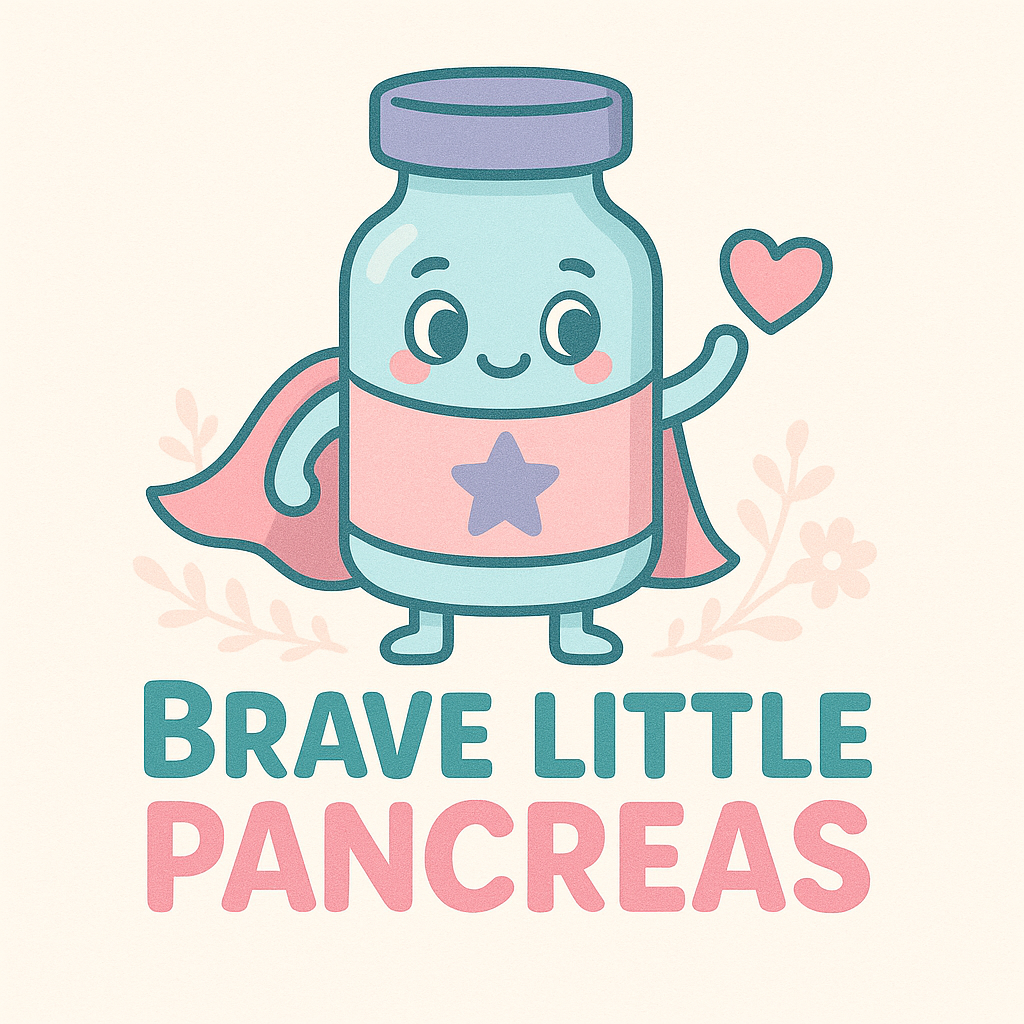In this lesson, you’ll learn:
✔️ What it means to advocate for your child with T1D
✔️ How to confidently communicate with schools, doctors, and other adults
✔️ Practical advocacy tips for everyday situations
✔️ Why your voice matters — and how it empowers your child over time
What Does Advocacy Mean?
Advocating for your child means making sure their needs are understood, respected, and supported — at school, with caregivers, in medical settings, and in the community.
You are your child’s strongest voice right now. By speaking up, you:
Keep them safe in daily situations
Ensure they have equal opportunities in school and activities
Model confidence so they learn to advocate for themselves as they grow
Everyday Advocacy Situations
At School
Request a meeting with teachers and the school nurse early in the year.
Share your child’s care plan and explain what staff should do in case of highs/lows.
Know your rights: in the U.S., children with T1D may qualify for a 504 Plan or IEP accommodations.
With Caregivers
Be clear and firm about what’s non-negotiable (treating lows, access to snacks).
Provide written instructions and repeat them until the caregiver feels confident.
With Medical Providers
Ask questions until you fully understand.
Speak up if something doesn’t feel right — you know your child best.
Bring a notebook or use your phone to keep track of guidance and changes.
In Activities & Sports
Advocate for snack breaks and blood sugar checks when needed.
Make sure coaches know that sitting out briefly for diabetes care isn’t “quitting” — it’s safety.
Advocacy Tips for Parents
Be calm but firm: You don’t need to apologize for asking others to keep your child safe.
Keep it simple: Use short, clear language when explaining T1D care.
Build allies: Teachers, school staff, and friends often want to help but need direction.
Put it in writing: A care plan, quick guide, or emergency sheet makes your requests concrete.
Teach as you go: Each time you advocate, you’re also teaching others about T1D.
More information about diabetes advocacy:
https://www.breakthrought1d.org/explore-advocacy/
Advocacy isn’t about being pushy — it’s about being prepared. The more you advocate, the more confident your child will feel knowing you have their back. Over time, they’ll learn to carry that strength themselves.
T1D Parent Advocacy Script
💙 With Teachers or School Staff
“My child has Type 1 Diabetes. They’ll need to check their blood sugar before meals, snacks, and sometimes during class. Here’s a one-page guide with what to do if they go high or low.”
“It’s important that my child has access to snacks, water, and the bathroom at any time. This isn’t optional — it’s part of their medical care.”
“If you notice any of these signs (shaky, pale, confused, extra thirsty), please contact me immediately and follow the steps on this guide.”
🏡 With Babysitters, Family, or Caregivers
“My child has Type 1 Diabetes. Here’s their routine: check at ___, snacks at ___, insulin at ___. If anything feels off, call or text me right away — no question is too small.”
“Here are the snacks and supplies you’ll need. If they say they feel low, treat it right away — don’t wait.”
“In an emergency (confusion, fainting, seizure), give glucagon and call 911, then call me.”
⚽ With Coaches or Activity Leaders
“My child has Type 1 Diabetes. Before practice or games, they may need to check their blood sugar or have a quick snack. Please support this — it keeps them safe.”
“If they look off — tired, shaky, pale — please have them sit out for a few minutes and check. It’s not quitting; it’s medical care.”
🏥 With Doctors or Medical Providers
“Can you explain that again in simpler terms? I want to make sure I fully understand before we leave.”
“That doesn’t feel right for my child. Can we explore another option?”
“What should I do at home if this happens again, and when should I call your office or go to the ER?”
✨ Quick Parent Reminder
You are your child’s strongest advocate. These scripts aren’t about being demanding — they’re about being clear, confident, and prepared.
Next Lesson Preview: Handling Emergencies — recognizing serious highs and lows, and how to act quickly and calmly.


